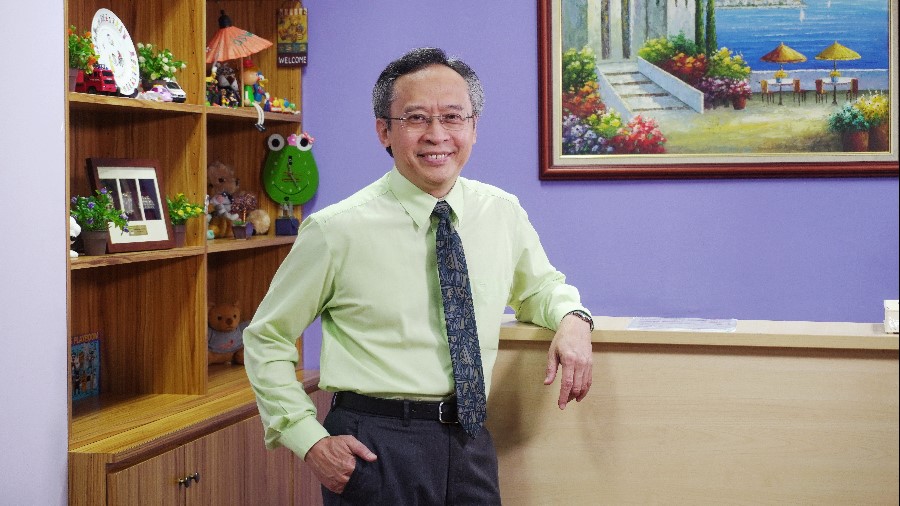KUALA LUMPUR, Dec 11 — Religious sentiment is among the factors behind rising vaccine refusal, as more people in Malaysia’s rural areas have been declining immunisation since 2013, a Malaysian consultant paediatrician said.
Dr Zulkifli Ismail, the secretary-general of the Asia Pacific Pediatric Association (APPA), stated that the critical issue of vaccine confidence and vaccine hesitancy has caused the public not to utilise immunisation services completely.
“There is no one single barrier to vaccine confidence,” Dr Zulkifli said in a recent virtual webinar on vaccine confidence, organised by the EU-ASEAN Business Council.
“The growing anti-vaccine influence on social media needs attention. There is a lot of misinformation in social media and that needs to be addressed.”
“In our data that we got from MOH (Ministry of Health), from 2013-2019, we have seen an increasing trend of vaccine refusals in the rural areas — in the east coast states and states like Sabah,” Dr Zulkifli mentioned in the virtual forum.
“Religious influence and sentiment also make a difference.”
It is to be noted that MOH in August announced that it will not use law enforcement to mandate childhood immunisation, despite rising vaccine hesitancy in the country. Dr Zulkifli has previously stressed that Islam teaches prevention is better than cure, amid concerns among some Muslims that certain childhood vaccines are not halal.
Community organisations, such as non-governmental organisations and neighbourhood community, play a crucial role to disseminate the accurate experience of immunisation, according to Professor Tikki Pangestu, a visiting professor at the Lee Kuan Yew School of Public Policy and former director of the World Health Organization’s (WHO) research policy and cooperation department
“In Indonesia for example, the level of local neighbourhoods we have small groups. These are groups of households about 30 to 40 households. They are a small local neighbourhood community where if they are adequately made aware of the key messages, that could also play a very important role,” Professor Tikki Pangestu said in the virtual webinar.
At the same time, Dr Zulkifli also highlighted that adults should be handled tactfully to receive vaccines compared to children immunisation.
“We have to get our adult physicians to come on board. Getting infectious disease patients and talking to them is a bit hard to do.”
“Although graphs, bar graphs and pie charts are nice to look at and appreciated by the public, what they look at is storytelling. They actually identify with stories rather than facts and figures.”
Dr Zulkifli also highlighted the important role of doctors to instill trust among the public on any kind of vaccination to reduce the vaccine refusal rate.
“If a physician actually tells you that a person needs the influenza vaccine, and has the influenza vaccine in the clinic, it is five or six time more likely that the person will accept the vaccine rather than the doctor never approaching the subject at all.”
Besides that, Salma Khalik, senior health correspondent of The Straits Times, Singapore, mentioned that clear and transparent information should be provided to people to gain their trust to undergo vaccination.
“I’ll touch on the fear that many people have because the Covid-19 vaccines are being rushed. So the question is when it is rushed so quickly, do we have all the information we have? In terms of the approving authority because the government is so desperate for a vaccine, are they allowing shortcuts?
“I think these are the questions that have to be addressed not just once, but addressed time and again and they have to show how no shortcuts are being used, why they are able to do it so quickly to explain properly.”
She also mentioned that the pharmaceutical companies which produce vaccines have an equal role as the government to increase awareness among the public on a vaccination process by equipping them with precise information.








